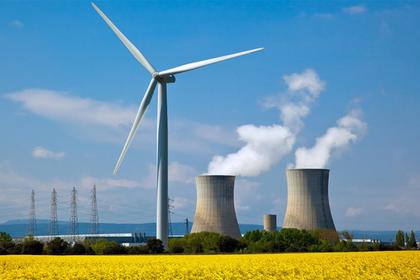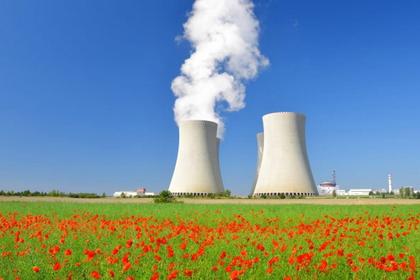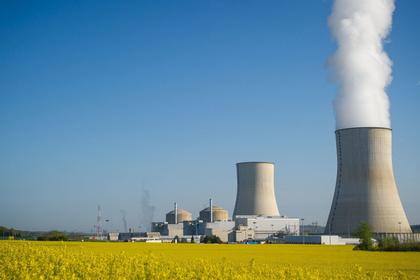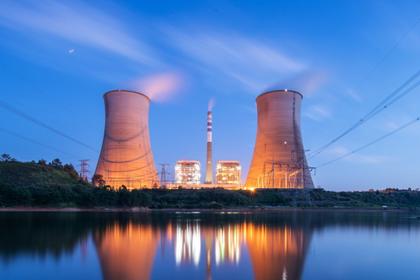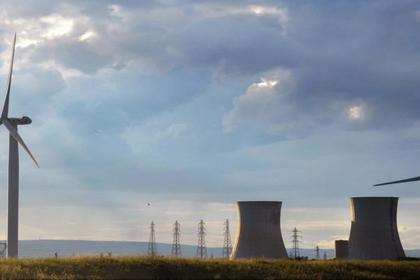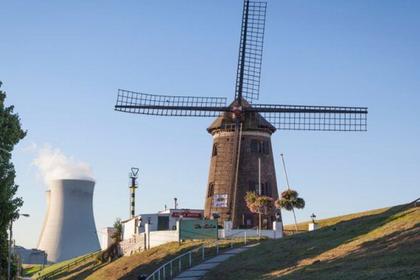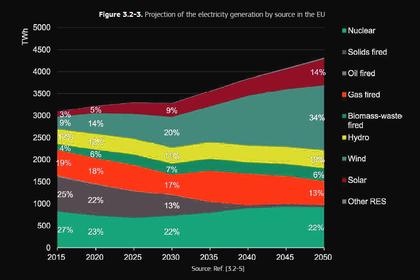
NUCLEAR FOR ZERO
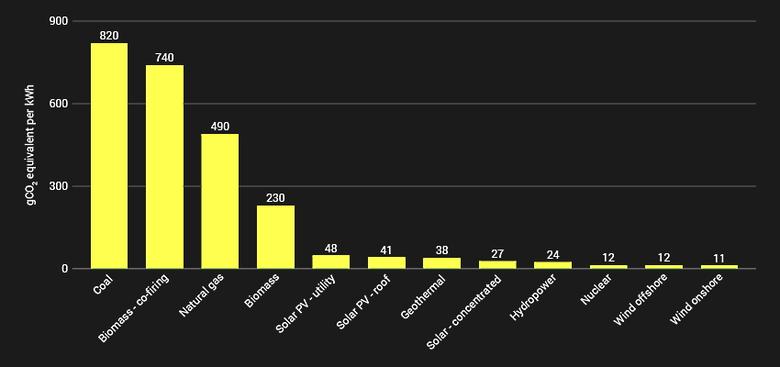
WNN - 03 June 2021 - Nuclear energy's high load factors and reliability could make achieving net-zero affordable, according to a special report published yesterday by Barclays. Nuclear is "safer than commonly assumed", while new technology and further research could make it even cleaner, safer and cheaper, it says, "paving the way for a greater contribution to the global energy transition".
The report, Nuclear for a decarbonised future, notes that the energy sector generates about 35 gigatonnes of CO2 emissions annually. This means that to make net-zero carbon a reality by 2050, the world’s energy mix will have to transform at its fastest pace in a century, it says, with a major shift away from fossil fuels to zero-carbon emitting generation sources.
The Barclays Energy Research Team examined this transformation in Global Energy: Opportunities in decarbonisation, published in March. There, it highlighted that one of the most important strategies to reach ambitious decarbonisation targets is to shift the global generation mix towards a significantly higher share of generation that does not emit CO2. These sources can include, it said, wind, solar photovoltaic, hydropower and nuclear.
"Given the scale of the challenge to transform the global generation mix, it is likely that nuclear will have to play a more important role in certain power markets, especially where there is clear and adequate government support," the report says.
It lists four of nuclear power's main attributes.
First, that nuclear generates no direct carbon or greenhouse gas emissions, and has one of the lowest life-cycle carbon emission rates of all generation technologies, when accounting for indirect emissions associated with the mining of fuel and plant construction.
"We believe nuclear could form the base load generation necessary to enable the safe, reliable, affordable decarbonised grid Environmental, Social, and Corporate Governance investors are pushing for," the report says.
Second, nuclear has a reliability factor of 80-90% (with many plants above 90%), compared with wind at 30-40% and solar at 10-25%.
"Along with its long plant life, nuclear works out comparatively affordable, especially when factoring in storage costs required for renewables. Nuclear’s high capital costs could come down if its life was extended or more plants were built, allowing for construction experience to shorten construction time and costs," the report says.
Third, nuclear has the lowest mortality rate of all types of power generation, in terms of deaths per terawatt-hour.
"New technology aimed at protecting reactor cores using the laws of physics (as opposed to power) should create even safer solutions," the report says.
Fourth, annual nuclear waste generation is significantly less than the expected volumetric annual waste from retired solar panels, wind turbine blades and lithium ion batteries (including in electric vehicles). Recycling or reprocessing fuel in the case of nuclear could reduce waste by up to 97%, which is more efficient than solar panels, wind turbine blades or lithium ion batteries, it says.
In spite of its advantages, nuclear power "still divides investor opinion", the report says, and significant regional differences are evident regarding how nuclear power is viewed from an Environmental, Social, and Corporate Governance perspective. Referring to the EU Taxonomy on sustainable finance, the report notes that, "The European Union has not yet formed its official view on nuclear energy, but when this comes it may provide additional clarity on the role of nuclear in the green transition."
-----
Earlier:
